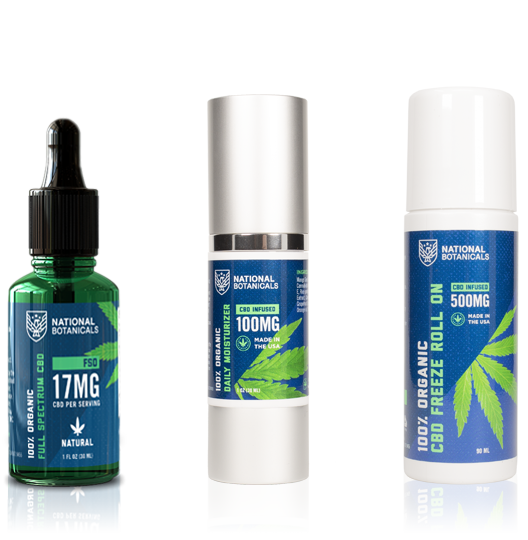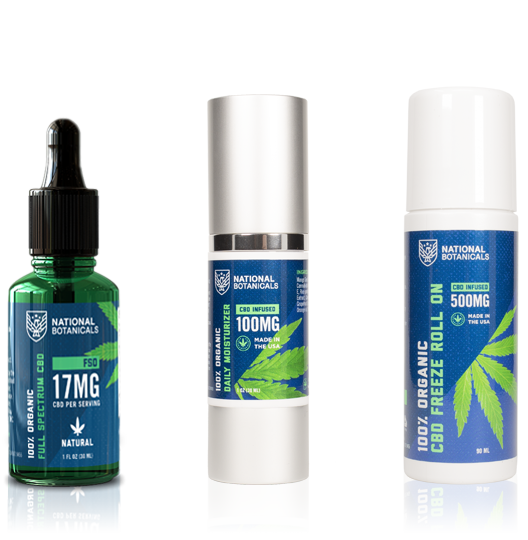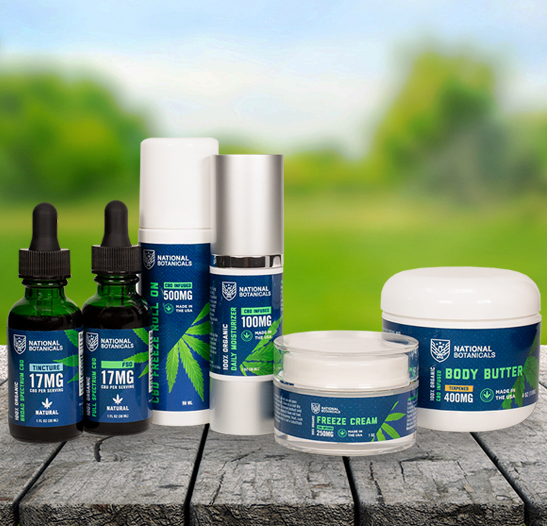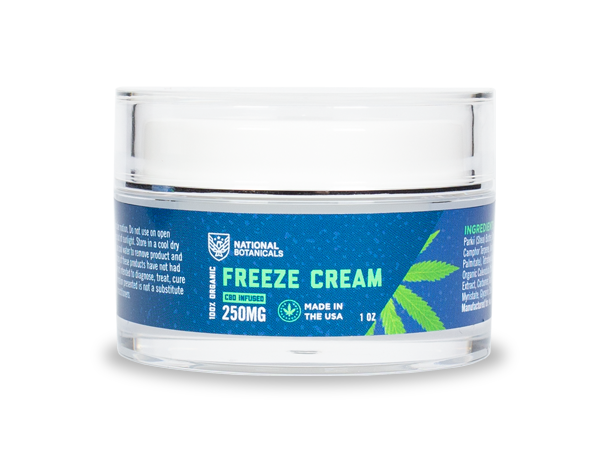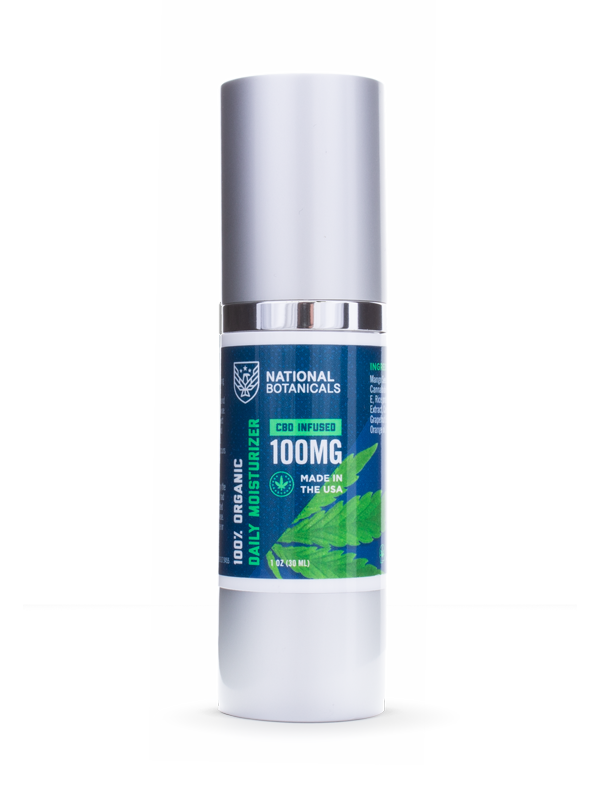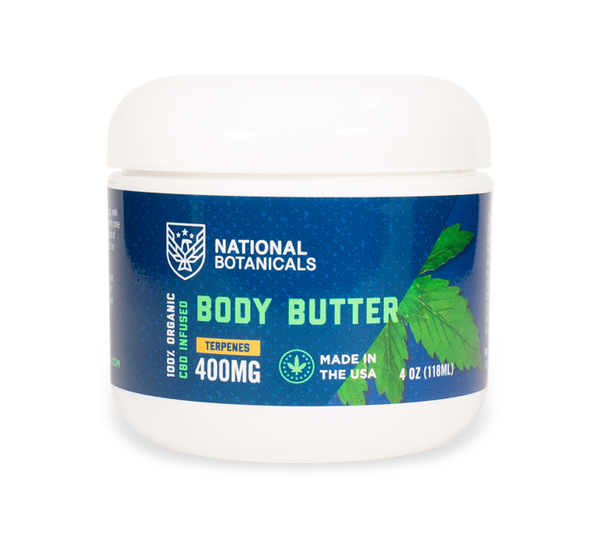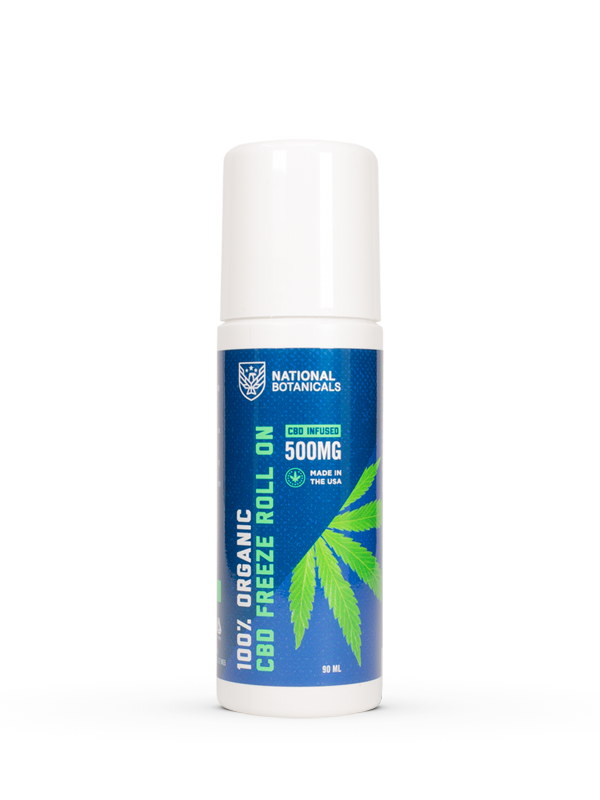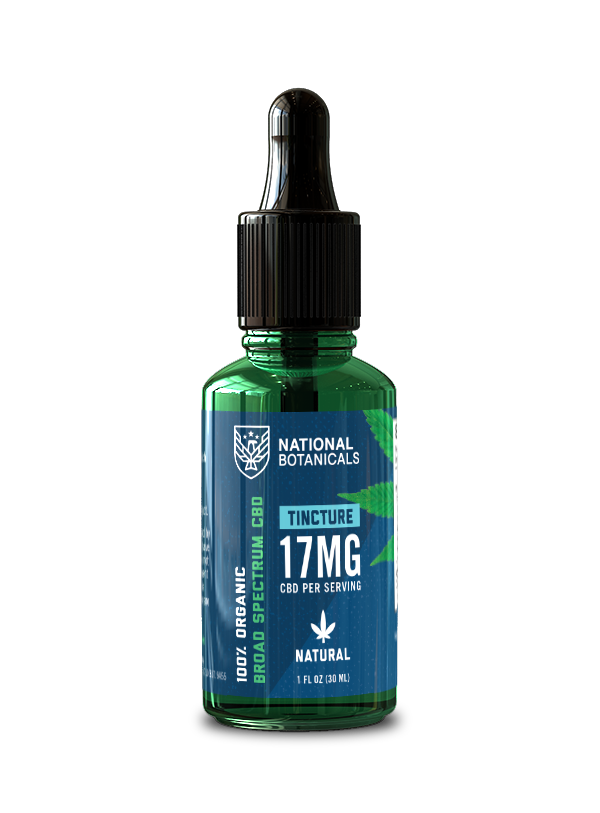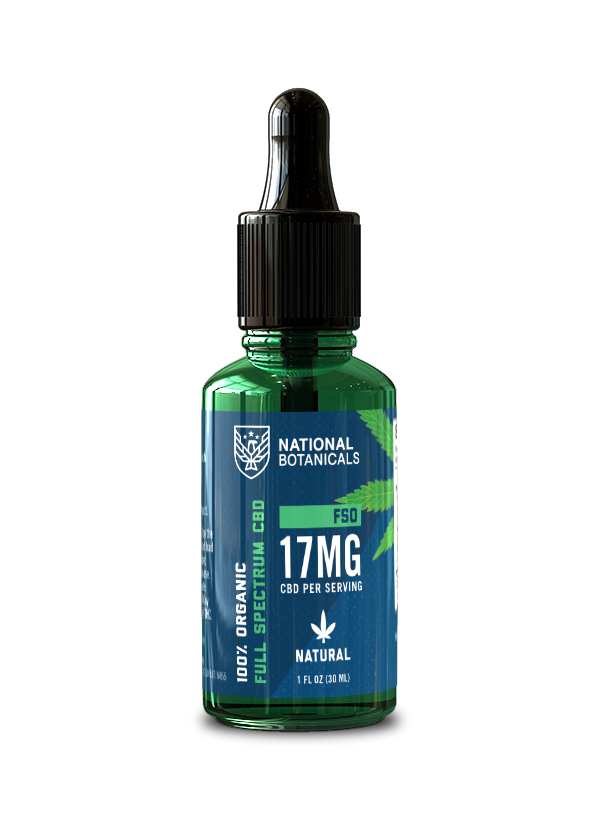CBD and Drug Testing
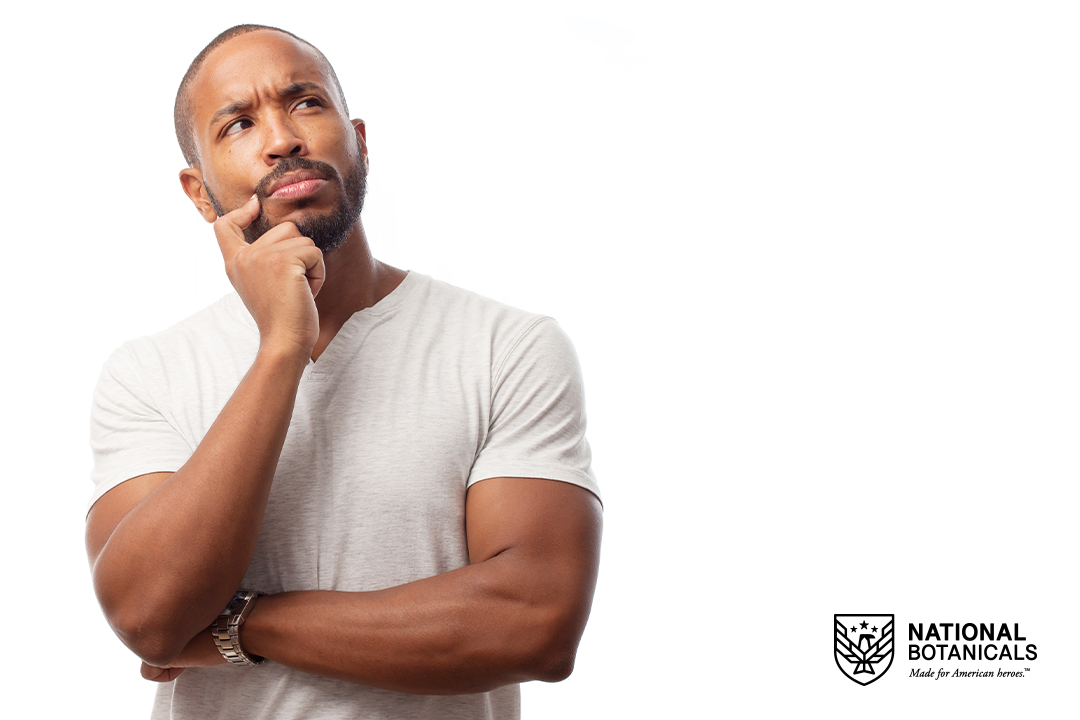
Providing service to one’s community means putting others before yourself at all costs. We get that . That’s why we want to help educate our first responders about using CBD in a job that requires a drug test. Your job is important, and you’re wondering if you’ll fail a drug test after consuming CBD. As someone who is dedicated to those around you, we know your reputation is important and that what you do reflects on your community. This is why we thought it important to explore the topic of CBD and Drug Testing.
You may feel particular discomfort about consuming CBD as a first responder because you’ve read the news about people testing positive for cannabis when they’ve only consumed CBD. These are exceptions to the rule, however, and the lab responsible for those tests is being sued.1 After reading this post, we hope you’ll feel at ease with CBD. We want the active first responders in our community to feel valued, safe, and healthy.
Will I Fail a Drug Test if I Use CBD?
No matter how much CBD you consume, and irrelevant of the consumption manner, you will not test positive on a drug test for CBD. Drug screens, like the one you might take at the University of Rochester Medical Center, test for THC.2
Let’s explore the nuance of the situation and try to understand why some first responders think they will test positive for cannabis after consuming CBD.
The Science Behind CBD and Drug Testing
As everyone knows, drug screens test for cannabis. However, the sheer variety in the expression of cannabis’ phenotypes means that testing for consumption can only be done with a compound that is present in every plant.
According to The Health Effects of Cannabis and Cannabinoids: The Current State of Evidence and Recommendations for Research, at least 140 cannabinoids have been identified in the many species of Cannabis.3 Not all of them are present in every variety. Moreover, research from 2019 published in the scientific journal, Medicines, pointed out that there are at least 545 total compounds found within cannabis. So, instead of wasting resources, screening kits focus their prodding for THC.4
According to that same research, they may be screening for THC because it’s “the most potent in terms of psychoactive activity.” It’s certainly the most demonized. Although the distinction between THC and other cannabinoids was being made in drug tests prior, the 2018 farm bill removed hemp-derived CBD from the Controlled Substances Act.
Now, drug tests continue to test only for THC, even though their capabilities extend far beyond that. In fact, per an article that was published in 2015, researchers are able to screen urine for several forms of THC, CBD, CBN, and others.5 Thankfully for CBD consumers, they continue to target the psychoactive compound, THC.
One major caveat to all of this, however, is that the drug test game may change in the future. That’s according to a report from 2016 in Analytical and Bioanalytical Chemistry, in which researchers were looking to improve upon the drug screen test for cannabis.6 The authors of the paper noted that they are looking at “potentially improving urine cannabinoid result interpretation.”
Their results were curious because they developed “a novel urine cannabinoid method for simultaneous quantification of a comprehensive panel of 11 cannabinoids.” Moreover, their method is able to distinguish recent cannabis consumption from long-term use. For now, however, drug tests continue to ignore CBD levels. More importantly, however, is that there is nothing wrong with consuming CBD. Even for first responders.
CBD Is a Safe, Non-addictive, Non-psychoactive, Legal Compound
For first responders like yourself, health is about keeping a strong body and cogent mind in the healthiest way possible. The idea of consuming a product that is harmful or changes your consciousness is off the table. Thankfully, there are very few health concerns to be concerned with in regards to CBD.
However, be aware that CBD:
- May have negative drug-to-drug interactions with some medications, such as warfarin.
- Has the potential for over-consumption, which can lead to feelings of nausea or tiredness.
- Delivers a unique experience to each consumer.
There is a small percentage of people who prefer not to take CBD for how it makes them feel, but the majority of people can safely consume CBD products, even if they work in high-stress jobs. More importantly, especially for first responders, is that a 2017 review of the literature demonstrated that CBD is safe and that it’s safety profile is strengthening.7 The authors noted that “the often described favorable safety profile of CBD in humans was confirmed and extended by the reviewed research.”
What does all this mean in summation? CBD is a safe, non-psychoactive, and legal compound which first responders can consume.
Can First Responders Consume CBD?
Yes. However, first responders should wisely manage their consumption. Here are a few tips on how to go about consuming CBD as a first responder.
First, consume only organic, hemp-derived CBD with less than 0.3% THC. As a first responder, you know the importance of your physical health. Your body is on the line every day. That’s why we recommend consuming only organic CBD. Furthermore, the 2018 farm bill declassified CBD from hemp-derived products only. CBD products from cannabis varieties with more than the 0.3% limit remain illegal, in some instances. Moreover, their heightened level of THC would show up on drug tests.
Secondly, consume only the amount of CBD necessary. Cannabinoids have a bi-phasic effect. That is, the benefits of consumption are experienced on a bell curve. Too few cannabinoids and you may not feel anything, too many and you may become nauseous or experience discomfort. Find your minimum threshold for CBD consumption and optimize your consumption to meet that level. In other words, know how much CBD you need and don’t take anymore than that. The reasons for this are twofold; you won’t develop a tolerance to CBD and overconsuming CBD products with low THC levels may result in a false positive.
Thirdly, be discreet in your consumption. Thankfully, many CBD products are 100% discreet. Oils can be consumed in the morning before work, patches can be hidden under clothes, and vapes leave no smell or residue on your person. People have reported using creams, balms, and lotions out in public without anyone knowing that their products had CBD in them. Likewise, CBD edibles don’t give themselves away with a strong aroma. In short, first responders have access to CBD products that can help keep their consumption private without ever showing up on a drug test.
Fourthly, fear not. Being discreet does not mean you need to live in fear. CBD consumption is legal at the federal level. It is non-toxic and is safe for human consumption. There are rarely—if any—negative side effects to CBD consumption. Failing a drug test is nearly impossible.
Lastly, ideal CBD consumption methods for first responders. Having a toolbelt of consumption options is ideal for first responders. With long hours, it’s important to start off with products that deliver long-lasting effects. Oils, tinctures, and edibles—anything that sends the CBD through your gut—will generally have a longer-lasting, wider-reaching effect. Patches and topicals may offer long-lasting effects, but their benefits are local to their application site. For rapid relief, a small vape pen may help conceal consumption when the need is most.
None of these products will alert a drug test to your consumption.
Enjoy CBD as a First Responder
CBD is safe, legal, accessible, useful, and doesn’t show up on a drug test. First responders have no reason to fear consuming a product that is widely available to the public which may offer them many benefits.
Do you still have worries about consuming CBD since you’re a first responder? Please reach out to us with your questions or concerns, and visit our FAQ page!
References
1 New York Times; “CBD or THC? Common Drug Test Can’t Tell the Difference”
2 University of Rochester Medical Center – Health Encyclopedia“Cannabinoid Screen and Confirmation (Urine)”
3 The National Center for Biotechnology Information “The Health Effects of Cannabis and Cannabinoids: The Current State of Evidence and Recommendations for Research.”
4 The National Center for Biotechnology Information “Cannabis and Its Secondary Metabolites: Their Use as Therapeutic Drugs, Toxicological Aspects, and Analytical Determination”
5 The National Center for Biotechnology Information “Analysis of Cannabinoids and Their Metabolites in Human Urine”
6 The National Center for Biotechnology Information “Simultaneous quantification of eleven cannabinoids and metabolites in human urine by liquid chromatography tandem mass spectrometry using WAX-S tips”
7 The National Center for Biotechnology Information “An Update on Safety and Side Effects of Cannabidiol: A Review of Clinical Data and Relevant Animal Studies”
